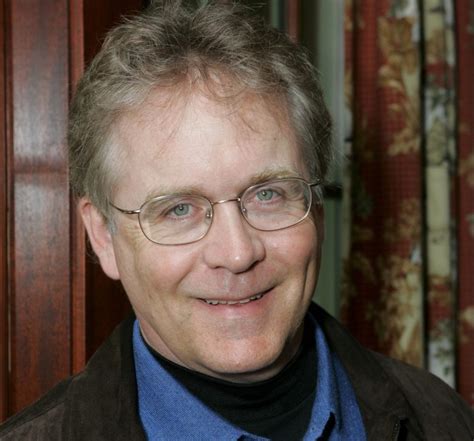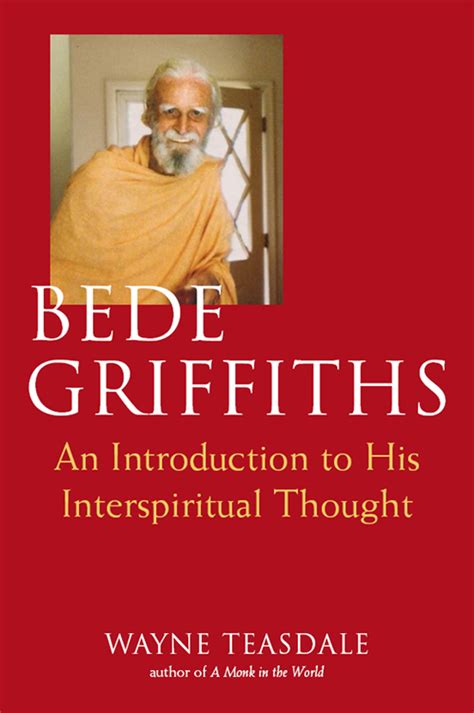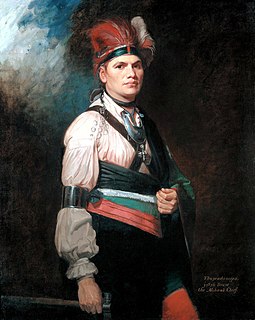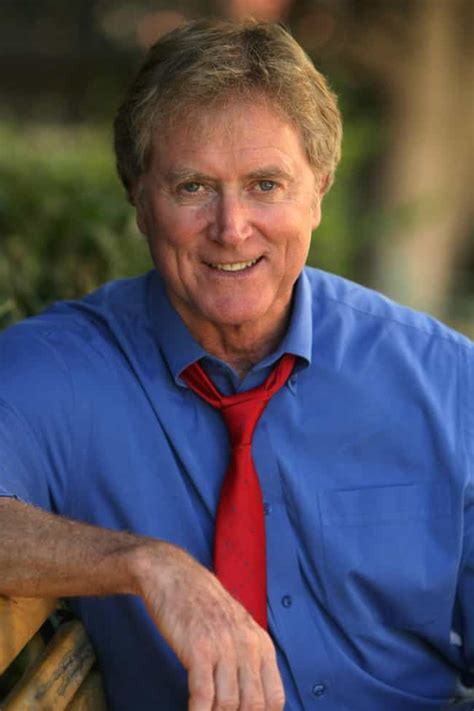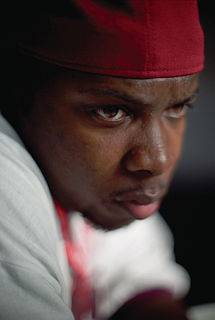A Quote by Mark Frost
I've always been interested in what passes for what we call religion, what other cultures call their spiritual life.
Quote Topics
Related Quotes
I'm not criticizing how people experience what they might call spirituality. I am interested in looking critically at something else - at how people use their language to articulate theories about something they call religion, to say, for example, that "in Islam religion and politics necessarily go together," or to insist that "violence has no place in religion," to universalize it.
Not only had I not expected a random call from Joe Biden, but I could never have imagined he would make that call to ask me out. I've been asked if I was starstruck by the fact that a U.S. senator thought I was worth a call, but I honestly wasn't. I was flattered that someone I'd heard of was interested.
There are many different kinds of doubt. When we doubt the future, we call it worry. When doubt other people we call is suspicion. When we doubt ourselves we call it inferiority. When we doubt God we call it unbelief. When we doubt what we hear on television we call it intelligence! When we doubt everything we call it cynicism or skepticism.
My call for a spiritual revolution is not a call for a religious revolution. Nor is it a reference to a way of life that is somehow otherworldly, still less to something magical or mysterious. Rather it is a call for a radical reorientation away from our habitual preoccupation with self. It is a call to turn toward the wider community of beings with whom we are connected, and for conduct which recognizes others' interests alongside our own.
This is what I call understanding. If you understand, insecurity is an intrinsic part of life - and good that it is so, because it makes life a freedom, it makes life a continuous surprise. One never knows what is going to happen. It keeps you continuously in wonder. Don't call it uncertainty - call it wonder. Don't call it insecurity - call it freedom.
Do you call yourselves Christians? Does then the religion of Him whom you call your Savior inspire your spirit, and guide your practices? Surely not. It is recorded of him that a bruised reed he never broke. Cease, then, to call yourselves Christians, lest you declare to the world your hypocrisy. Cease, too, to call other nations savage, when you are tenfold more the children of cruelty than they.
I majored in religion for my entire undergraduate career at Duke University and then I went to seminary for a year unsure whether or not I really had the call to be a minister. I spoke with a pastor of my home church and told him I was going to seminary. He said "Do you feel the call to be a minister?" and I said "Honestly, I don't. I know it's the greatest call you could have but I'm not feeling that call myself. He said "Well, you know, you're wrong. It's not the greatest call. The greatest call is whatever calling God has for you."
